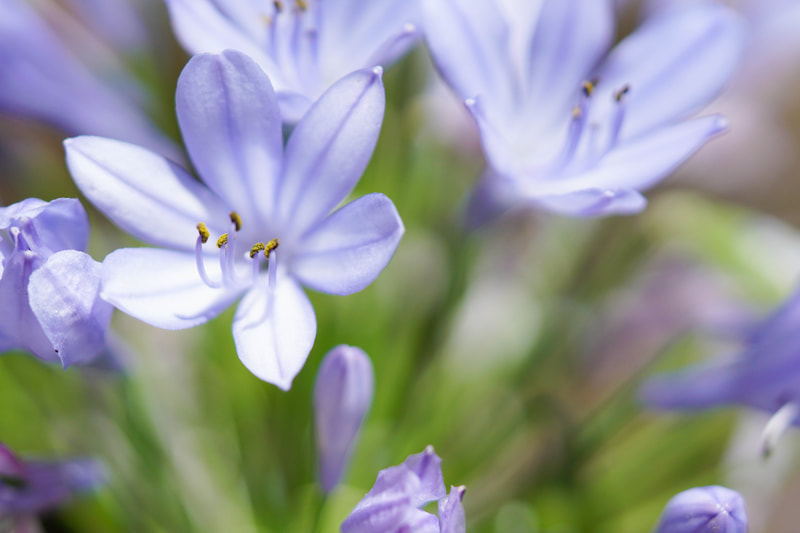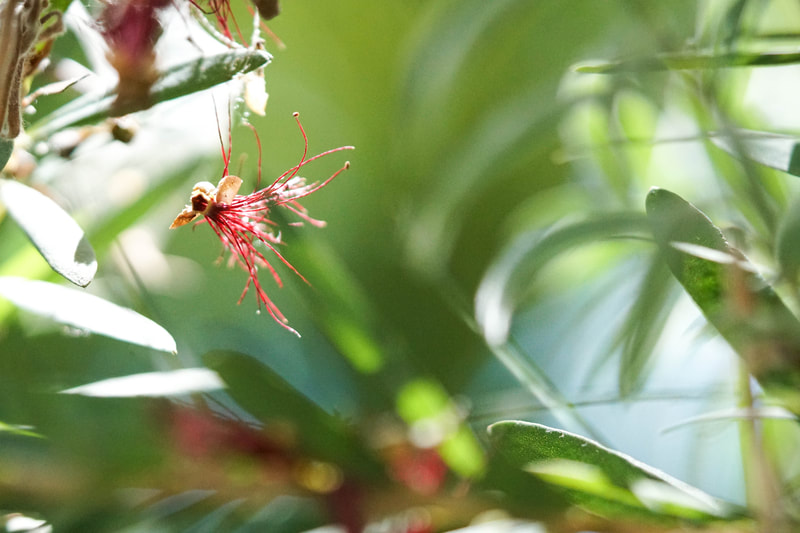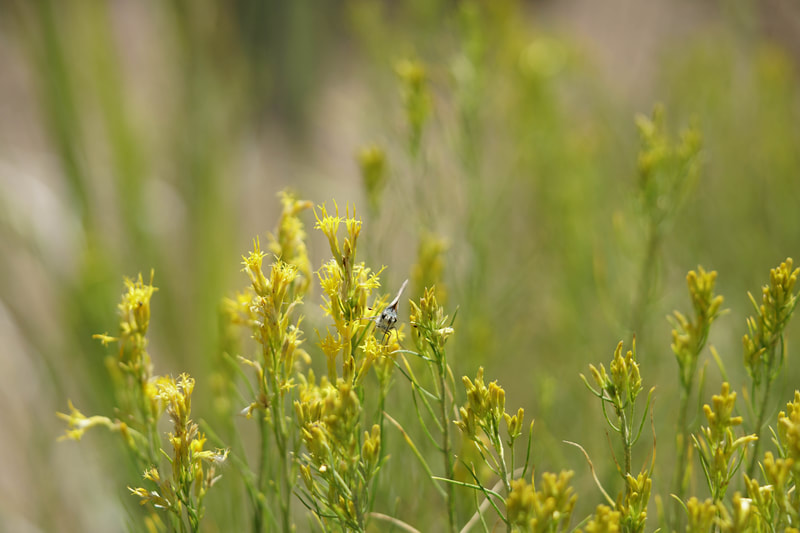Biology Department
BIOL 202 - General Botany
After a couple of years of this class not being offered, I was given the opportunity to revive the subject for interested students, even if they don't have a science background. Since then, this course has not only covered the basics of plant anatomy and classification, but the implications of plant ecology in the face of varying agricultural practices, invasive species, and climate change.
After a couple of years of this class not being offered, I was given the opportunity to revive the subject for interested students, even if they don't have a science background. Since then, this course has not only covered the basics of plant anatomy and classification, but the implications of plant ecology in the face of varying agricultural practices, invasive species, and climate change.
BIOL 191 - Organismal Biology
This is a rigorous course that provides students a comprehensive introduction to evolution, natural selection, population and community ecology, and the characteristics of Earth's biodiversity. A few extra topics I like to explore with this course include animal behaviour and the affects of climate change on species as these are directly related to current day events and conservation biology.
BIOL 191L - Organismal Biology Laboratory
This 1-credit laboratory course is taken concurrently with BIOL 191 and is set up to reinforce the topics covered in lecture, while also showing students some of the methods that are used to explore what we know and can continue to learn about other organisms and biological processes. This course gives both students and I the means to create hands-on and active learning experiences both in a laboratory environment and in the field. Below are just three examples of some of the assignments.
This is a rigorous course that provides students a comprehensive introduction to evolution, natural selection, population and community ecology, and the characteristics of Earth's biodiversity. A few extra topics I like to explore with this course include animal behaviour and the affects of climate change on species as these are directly related to current day events and conservation biology.
BIOL 191L - Organismal Biology Laboratory
This 1-credit laboratory course is taken concurrently with BIOL 191 and is set up to reinforce the topics covered in lecture, while also showing students some of the methods that are used to explore what we know and can continue to learn about other organisms and biological processes. This course gives both students and I the means to create hands-on and active learning experiences both in a laboratory environment and in the field. Below are just three examples of some of the assignments.
BIOL 298 - Special Topics in Biology
Students who want to get hands on research experience on my project are able to enroll in credit for their volunteer time helping with a variety of fauna. Activities include:
pj_project_standards_and_packing_list.docx
Students who want to get hands on research experience on my project are able to enroll in credit for their volunteer time helping with a variety of fauna. Activities include:
- Live small mammal trapping
- Small mammal identification, handling, and tissue collection
- Reptile visual identification
- Insect collection via light traps and sweep netting
- Acoustical monitoring set-up for bats and birds
- Camping for extended periods of time in harsh conditions
pj_project_standards_and_packing_list.docx
Physical Sciences Department
ENV 101 - Introduction to Environmental Science
In this course, many of the students are not science-majors or pursuing STEM careers. This gives the unique, and possibly only, chance for these students to fully grasp the difference between between scientific and non-scientific information for informed decision-making especially in relation to environmental struggles of society such as pollution, increasing human populations, and energy usage. Though this course doesn't have a lab component, I try to give my students many outside-the-classroom connections as possible. Last fall I coordinated three field trips: the geothermal power plant at the Peppermill Resort Hotel, the Truckee Meadows Water Authority treatment plant, and the recycling center for Waste Management - Reno. Here are some selected highlights of student feedback from their reflection reports about the tours.
In this course, many of the students are not science-majors or pursuing STEM careers. This gives the unique, and possibly only, chance for these students to fully grasp the difference between between scientific and non-scientific information for informed decision-making especially in relation to environmental struggles of society such as pollution, increasing human populations, and energy usage. Though this course doesn't have a lab component, I try to give my students many outside-the-classroom connections as possible. Last fall I coordinated three field trips: the geothermal power plant at the Peppermill Resort Hotel, the Truckee Meadows Water Authority treatment plant, and the recycling center for Waste Management - Reno. Here are some selected highlights of student feedback from their reflection reports about the tours.



